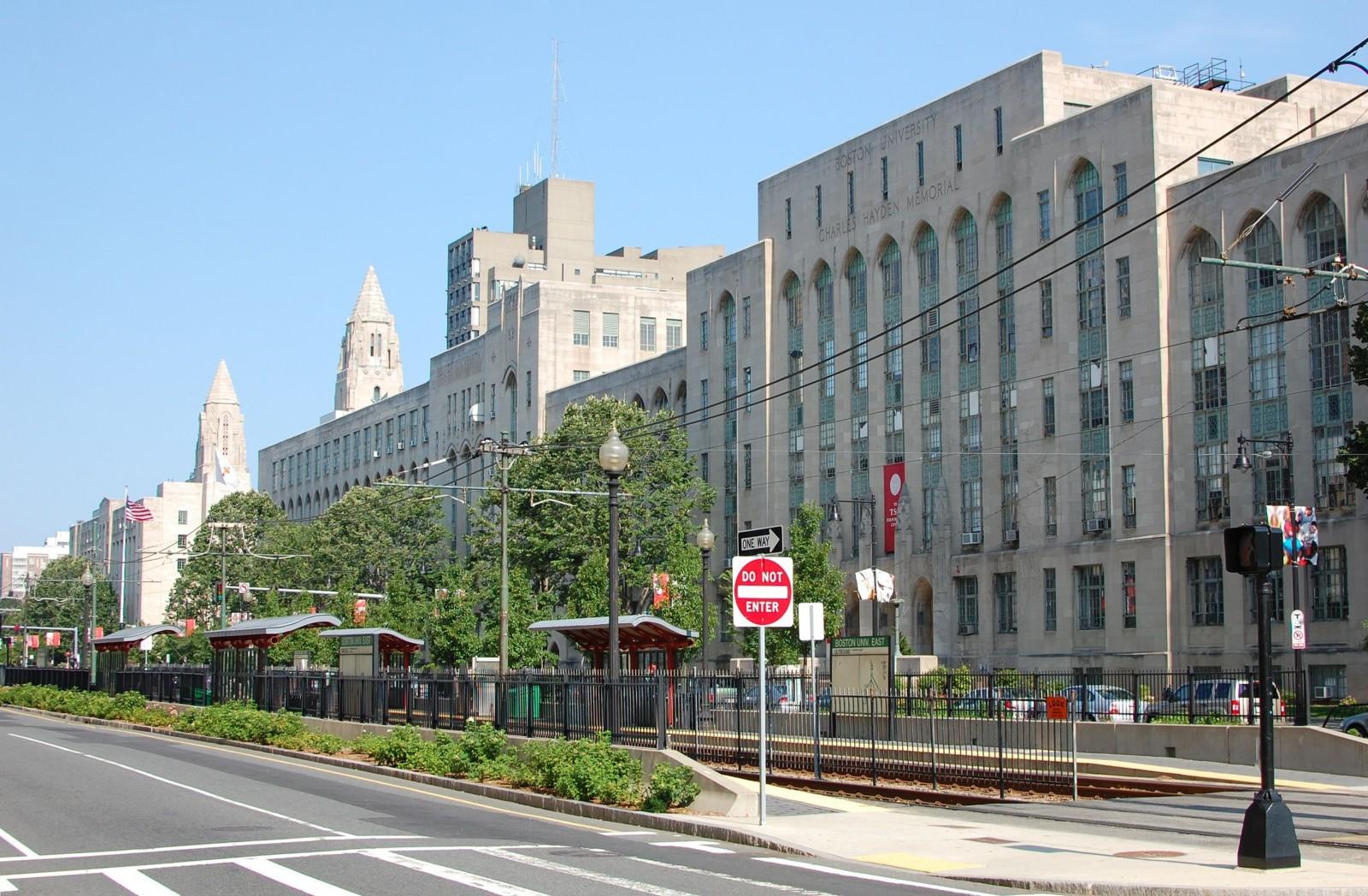Provosts and chief academic officers feel confident that their institution’s programs are appropriately addressing prominent challenges on college campuses, according to a Thursday study by Inside Higher Ed.
The study, which sampled 624 provosts and chief academic officers representing a total of 606 public and private institutions of higher education, looked into issues including quality of education, sexual assault on campus and civility between faculty members.
Boston University Provost Jean Morrison said the school strives to look into and find solutions for the problems mentioned in the study because what’s best for students is a priority.
“Really one of the most motivating factors for faculty is the opportunity to work with students and to educate students,” she said. “The real thrill is the ability to impact a student’s life. What motivates a faculty is making a difference in students’ lives [which] is a critical motivator, as well as excelling and succeeding your professional arena.”
About 99 percent of provosts said their institution provides effective, quality undergraduate education, and 55 percent said their institutions are effectively preparing students for the workforce, according to the report.
“What that finding shows is that it’s the collective sense of provosts who are the chief academic advisors, and what the study shows is that universities and colleges are appropriately preparing students for the work force,” Morrison said. “If you look across the types of institutions, that is probably right.”
About 64 percent of those surveyed said sexual harassment is generally a serious issue for institutions, while 22 percent rated it a serious issue for their own institution, according to the report.
Morrison said it is important that BU provides an environment that is free of sexual misconduct.
“We established SARP [the Sexual Assault Response and Prevention Center] that has been a model for other universities in affording both care for students who have been the victims of sexual misconduct or sexual assault,” she said. “Not only care, but education helps everyone in the community to understand the issues associated with sexual assault and sexual harassment. It is an extremely important issue at BU.”
The survey found that 66 percent of provosts said their schools reallocate funds to support academic programs instead of finding new revenues to support them.
In making sure there is enough money to go around, deans of the various schools and colleges are encouraged to stay within their existing budgets, Morrison said.
“That is absolutely a way not only our school and colleges, but our administrative units operate as well,” she said. “There is simply not an expanding base of funding for the university to continue to add. It has to make choices about what things we don’t need to keep doing.”
The survey also addressed civility, how faculty members treat students and other faculty, and found that 71 percent of provosts are concerned about declining civility among higher education faculty.
Morrison said the issue of civility may be significantly overstated because there are other areas to take into consideration when hiring faculty members.
“The single most important criteria that we use in hiring faculty is their demonstrated excellence in their discipline and their outstanding capacity to be teachers and their ability to produce high quality research and scholarship,” she said. “The question of civility is that we don’t hire on that basis.”
Several students said they are confident about the quality of education and the skills they are learning.
Alexander Rodriguez, a freshman in the College of Engineering, said BU is a great place to prepare for the real world because the environment allows for diverse interactions with other students.
“With the engineers, we build connection and team building skills,” he said. “When we work on projects, we learn how to communicate with each other and find out what our strengths are and weaknesses are and exploit them for the benefit of everyone.”
Erika Anderson, a junior in the College of Fine Arts, said her tailored program helps her gain skills necessary to find a job after graduation.
“The College of Fine Arts has a really well rounded education partially because we are a conservatory program set in a college setting,” she said. “We are able to take university courses … but I’m also within the realm of a conservatory style.”
Tristan Hartwell, a freshman in ENG, said he is confident that BU will give him the skills for success in the future.
“BU gives a lot more opportunities than other schools. The programs they have for you here and the opportunities to get involved and learn skills for your career outside of the classroom are just fantastic,” he said. “Being here will really prepare me for getting a job in the future.”


















































































































